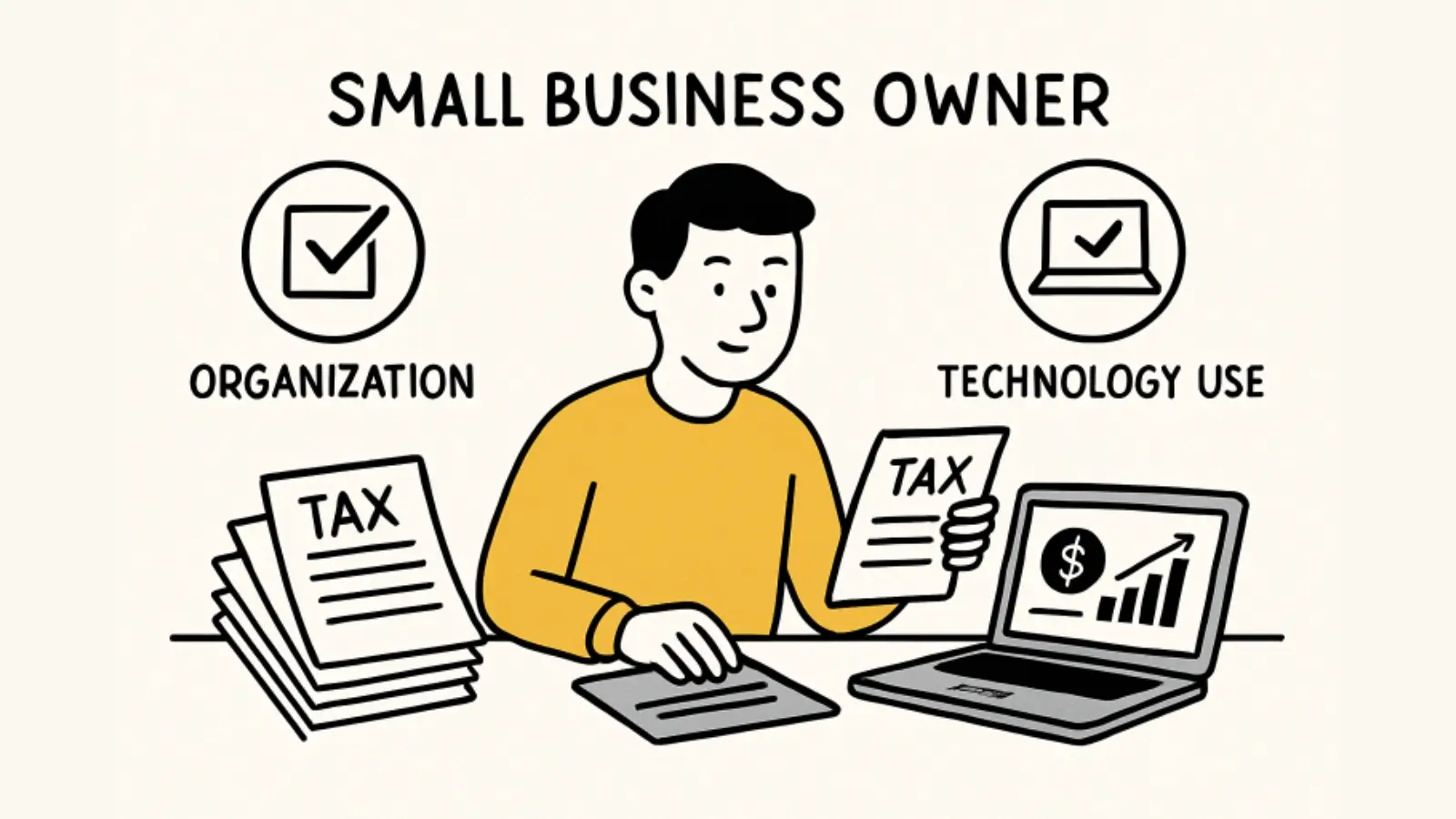Banking bonuses can provide a significant financial boost, but many people miss out on these rewards due to preventable errors. Whether you're hunting for the best checking account bonus or simply looking to maximize your banking rewards, avoiding these common mistakes can mean the difference between earning hundreds of dollars and walking away empty-handed.
Mistake #1: Not Reading the Fine Print Carefully
The biggest error people make when pursuing the best checking account bonus is failing to understand the specific requirements. Many assume that simply opening an account automatically qualifies them for the reward, but bonus offers typically come with detailed conditions that must be met within specific timeframes.
Common requirements include maintaining minimum balances, setting up direct deposits of specific amounts, or completing a certain number of debit card transactions. Before applying for any bonus offer, read every detail of the terms and conditions. Create a checklist of requirements and deadlines to ensure you meet all criteria.
Mistake #2: Missing Critical Deadlines
Time limits are strictly enforced when it comes to banking bonuses. The best checking account bonus offers often require you to complete qualifying activities within 60 to 90 days of account opening. Missing these deadlines, even by a single day, typically disqualifies you from receiving the reward.
Set calendar reminders for important dates, including when you need to complete direct deposit setup, when minimum balance requirements begin, and when the qualification period ends. Track your progress weekly rather than waiting until the last minute to verify you've met all requirements.
Mistake #3: Ignoring Direct Deposit Requirements
Many people underestimate the complexity of direct deposit requirements for securing the best checking account bonus. Banks often specify that deposits must come from employers or government agencies, excluding transfers from other personal accounts or person-to-person payment services.
Additionally, some offers require deposits to total a specific amount within the qualification period. Suppose your regular paycheck doesn't meet the minimum. In that case, you may need to temporarily adjust your direct deposit allocation or supplement with qualifying deposits from other sources like tax refunds or government benefits.
Mistake #4: Not Monitoring Account Activity
Failing to track your account activity is another costly mistake. Banks may have specific requirements about maintaining account activity or avoiding certain types of transactions that could disqualify you from bonus eligibility.
Some offers require you to keep the account open for a specific period after receiving the bonus, while others may have restrictions on closing the account too quickly. Regularly review your account statements and bonus tracking to ensure you're staying compliant with all terms.
Mistake #5: Overlooking Tax Implications
Many people pursuing the best checking account bonus forget that these rewards are considered taxable income. Banks report bonuses of $10 or more to the IRS, and you'll receive a 1099-INT form for tax filing purposes.
Plan for the tax impact by setting aside a portion of your bonus to cover potential tax obligations. This is especially important if you're pursuing multiple bonuses in the same tax year, as the cumulative amount could push you into a higher tax bracket.
How to Succeed With Banking Bonuses
To maximize your chances of successfully claiming the best checking account bonus, create a systematic approach. Document all requirements, set up automatic reminders, and maintain detailed records of your qualifying activities. Consider using a dedicated email address for bonus-related communications to avoid missing important updates.
Most importantly, only pursue bonuses from accounts you genuinely plan to use. The best checking account bonus is one that comes with an account that fits your banking needs, not just the highest dollar amount. By avoiding these common mistakes and approaching bonus offers strategically, you can successfully earn rewards while establishing beneficial banking relationships.

















